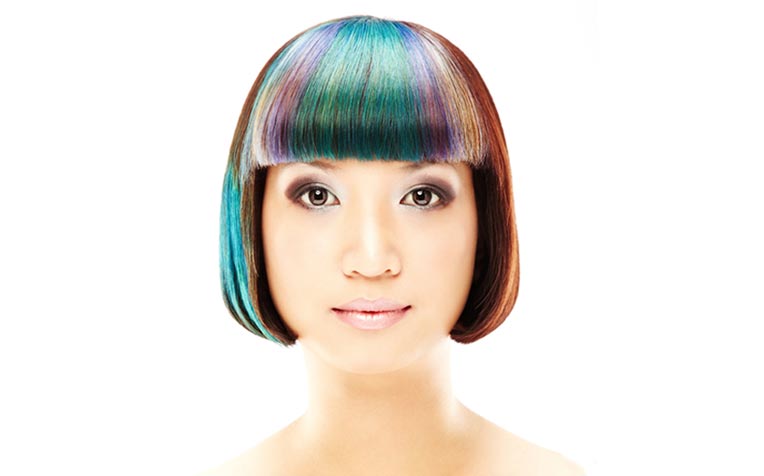
Caption: People colour their hair on average of every four to six weeks. But will doing it frequently increase your risk of getting cancer? Dr Faye Lynette Lim, Consultant, Division of Radiation Oncology, National Cancer Centre (NCCS) answers this and other frequently asked questions on cancer risk. (iStock photo)
"Although patients can now hope to survive common cancers such as breast cancer and prostate cancer, and enjoy a good quality of life, cancer continues to evoke fear in many, and the numerous myths surrounding cancer don't help," says
Dr Faye Lynette Lim, Consultant,
Division of Radiation Oncology,
National Cancer Centre Singapore (NCCS), a member of the
SingHealth group.
Common cancer myths
Myth 1: Using hair dye regularly to colour your hair increases your risk of breast cancer, bladder cancer, non-Hodgkin lymphoma and leukaemia.
Related article: What is lymphoma and why is it one of the top ten cancers in Singapore?
Fact: Scientific evidence on the link between personal hair dye use and cancer is mostly inconclusive. Most studies on personal hair dye use and the link to bladder cancer and breast cancer have not found an increased risk. However, some studies do suggest that hairdressers and barbers, who have a high exposure to hair dye and other chemicals, may have an increased risk of bladder cancer.
Due to the lack of conclusive evidence from research studies, the International Agency for Research on Cancer (IARC), part of the World Health Organization, considers hair dye use to be "not classifiable as to its carcinogenicity to humans".
If you are a regular hair dye user and are concerned about your cancer risk, you would do well to carefully follow the instructions when you apply hair dye. Always use gloves and don't keep the hair dye on longer than instructed. Alternatively, you can use plant-based hair dyes rather than the commonly used semi-permanent and permanent dyes.
Myth 2: Daily use of antiperspirants and deodorants can cause breast cancer.
Related article:
Easy ways to prevent breast cancer and tell-tale signs to watch out for
Fact: Antiperspirants and deodorants are safe to use every day and they don't cause breast cancer. It is wrongly believed that aluminum and parabens in these personal care products are absorbed through the skin, or through cuts caused by underarm shaving, and cause breast cancer. A study on the use of underarm perspiration products and cancer, published in the Journal of the National Cancer Institute, found no link between breast cancer risk and antiperspirant use, deodorant use, or underarm shaving.
Myth 3: Wearing a bra can compress the lymphatic system of the breast and cause toxins to accumulate, leading to breast cancer.
Fact: It is completely safe to wear a bra. There is no scientific evidence to link wearing a bra, the type of bra worn (under-wired or non-wired) or the length of time it is worn, with breast cancer risk. The authors of a breast cancer study on post-menopausal women, funded by the US National Cancer Institute, said "Our results did not support an association between bra wearing and increased breast cancer risk among post-menopausal women."
Related article: Can your mobile phone and other everyday objects cause cancer?
--
Articles on HealthXchange.sg are meant for informational purposes only and cannot replace professional surgical, medical or health advice, examination, diagnosis or treatment.